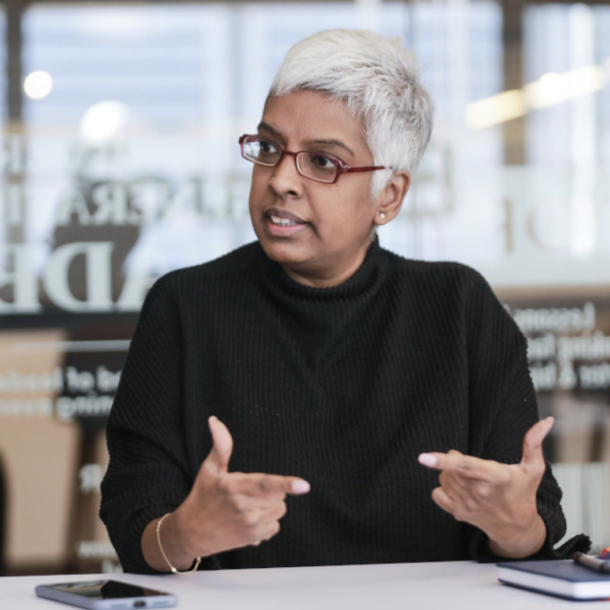KUALA LUMPUR: The Centre for Independent Journalism (CIJ) has called on the Communications and Multimedia Ministry to provide a clear and credible rationale for reviving the Special Affairs Department (Jasa).
In a statement today, CIJ executive director Wathshlah G. Naidu said the ministry’s previous statement, explaining the need for the controversial department, failed to address the public’s interest in demanding an academic and expert rationale.
“In the interests of accountability and transparency, we call on the ministry to provide a clear and credible rationale that would identify the scope of strategic responses and justify the need for such an inflated budget that comes at the expense of the public’s current medical and socio-economic needs and priorities.”
Wathshlah said while there is a legitimate need to address disinformation and support effective disclosure of genuine Covid-19 information and other related measures, any attempt by the government to counter misinformation cannot undermine democratic guarantees and fundamental freedoms.
She said the funds for the move should instead be channelled to more productive means of battling the pandemic.
“Furthermore, having any government or its apparatus being the single or preferred source of information or promoting specific narratives is not desirable, as it would dominate and adopt any current regime’s propaganda and likely push the public to search for alternative sources on platforms that do not effectively filter hate speech or targeted contentious information,” she said.
Rather than depending on an inflated budget, Wathshlah urged the government to adopt a coordinated approach that would reduce the cost allocated and develop countermeasures to promote disclosure of information, counter-narratives, and mitigating responses to keep the public informed.
This, she added, would require the government to engage more constructively and meaningfully with stakeholders, specifically the media, civil society organisations, academics, multilateral organisations and technologists.
She also said the government must leverage existing digital technologies to spread reliable and verifiable messaging.
Wathshlah also suggested that the Sebenarnya.my portal be enhanced, through collaboration with technology giants, to filter out false news and promote information from credible sources.
“For example, there is the Work with the United Nations Development Programme, which supports the #CoronaVirusFacts Alliance.
“It brings together more than 100 fact-checkers from over 45 countries in the International Fact-Checking Network.”
She said the government must also stop its current tendency to arbitrarily stifle any public discourse or opinion by using “archaic and repressive laws”, citing the Sedition Act 1948, Section 233 of the Communications and Multimedia Act 1998, and the Printing Presses and Publications Act.
Wathshlah urged that these laws, including the Official Secrets Act, be repealed and replaced with a federal-level Right to Information law, guaranteeing disclosure and access to information; and influence healthy debates on matters of public interest.
“The government should strengthen the role of the media and create an enabling environment that would promote media freedom and pluralism to ensure accurate and timely reporting.
“This would instead require the government to ensure allocations in the budget to provide the necessary support needed to ensure the sustainability of the media affected by the current trend in their revenue deficit to avoid the risks of more alternative sources being forced to close down.”
Source: News Straits Times
